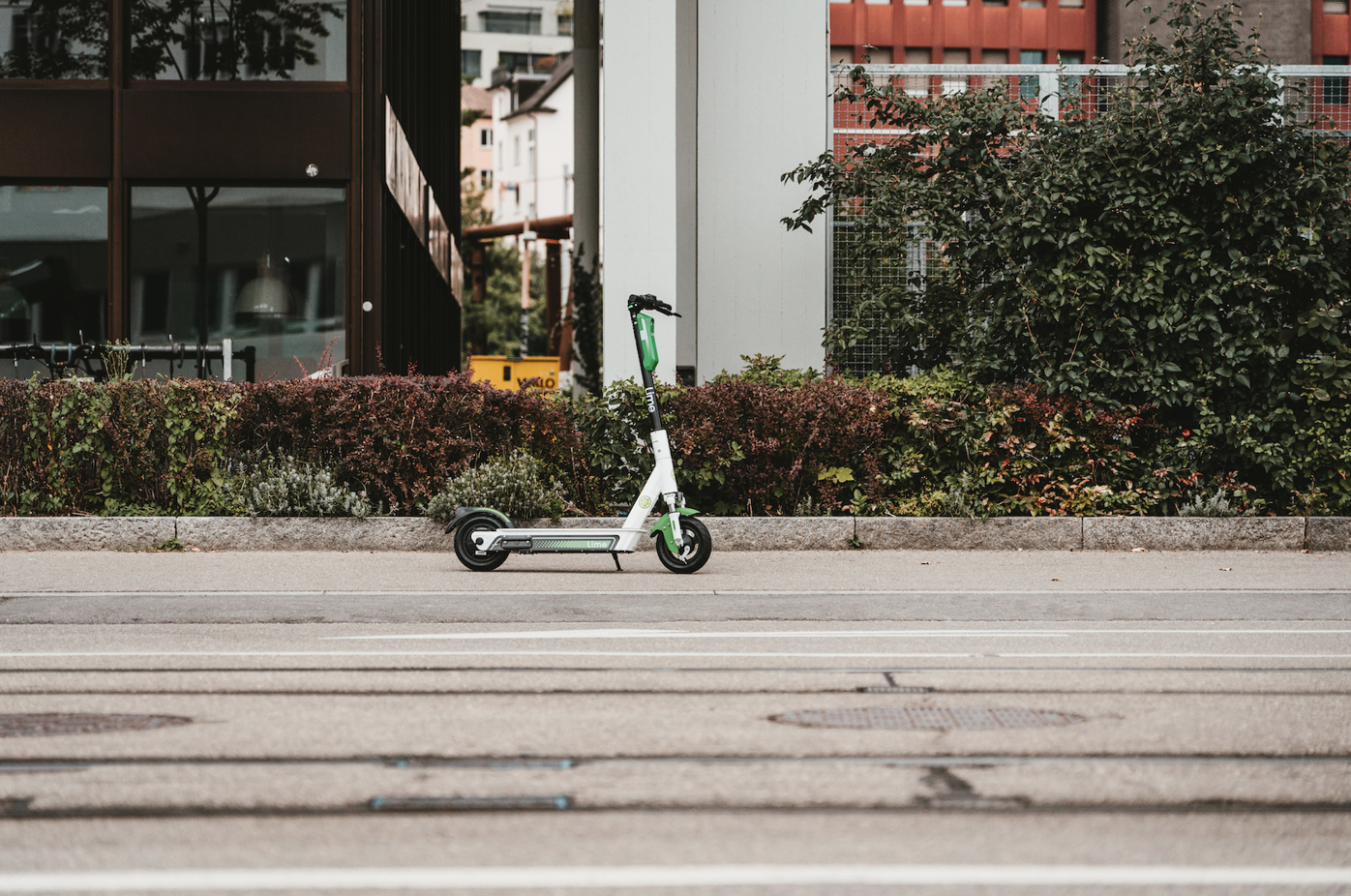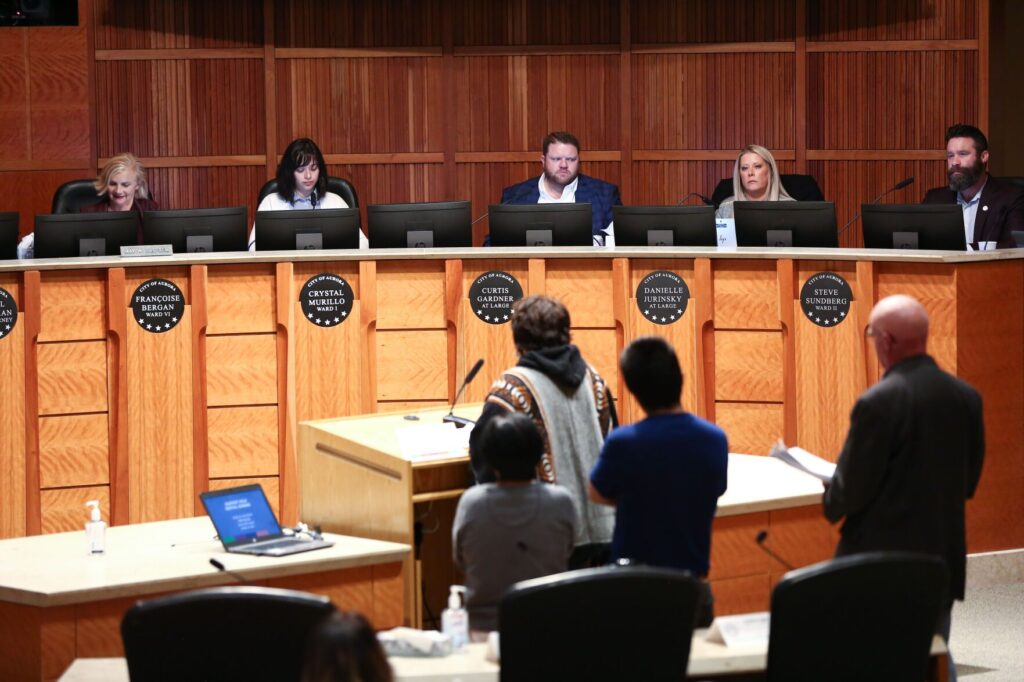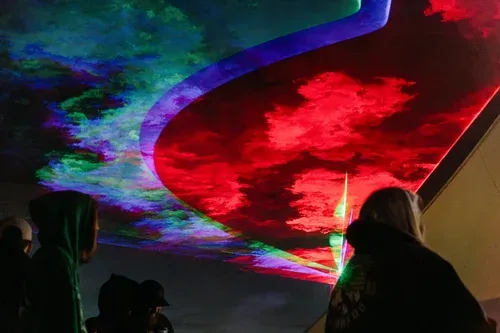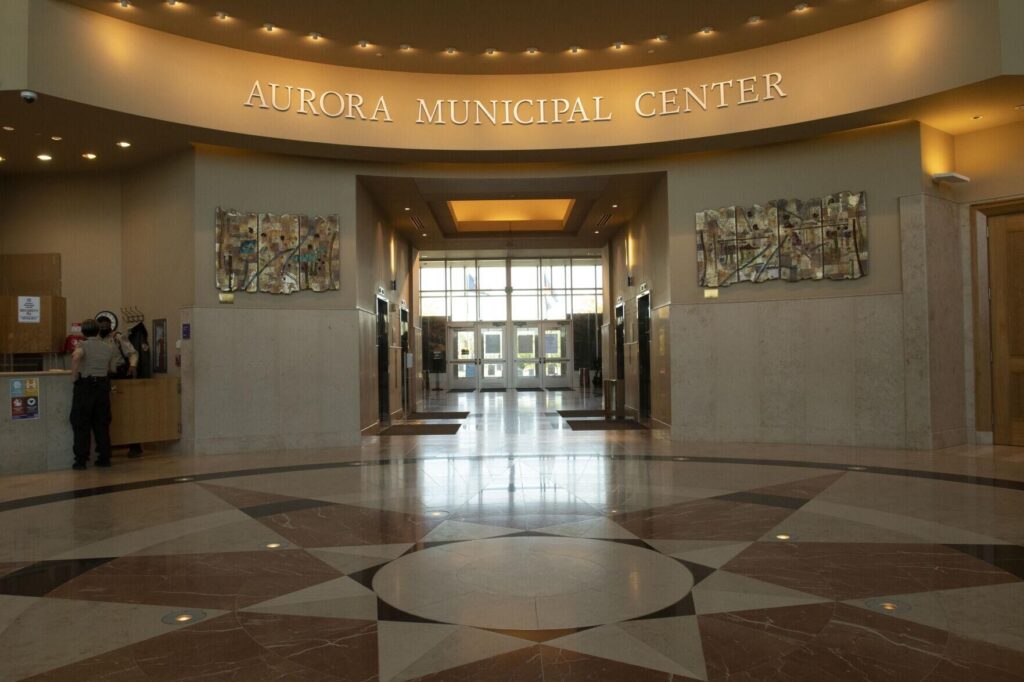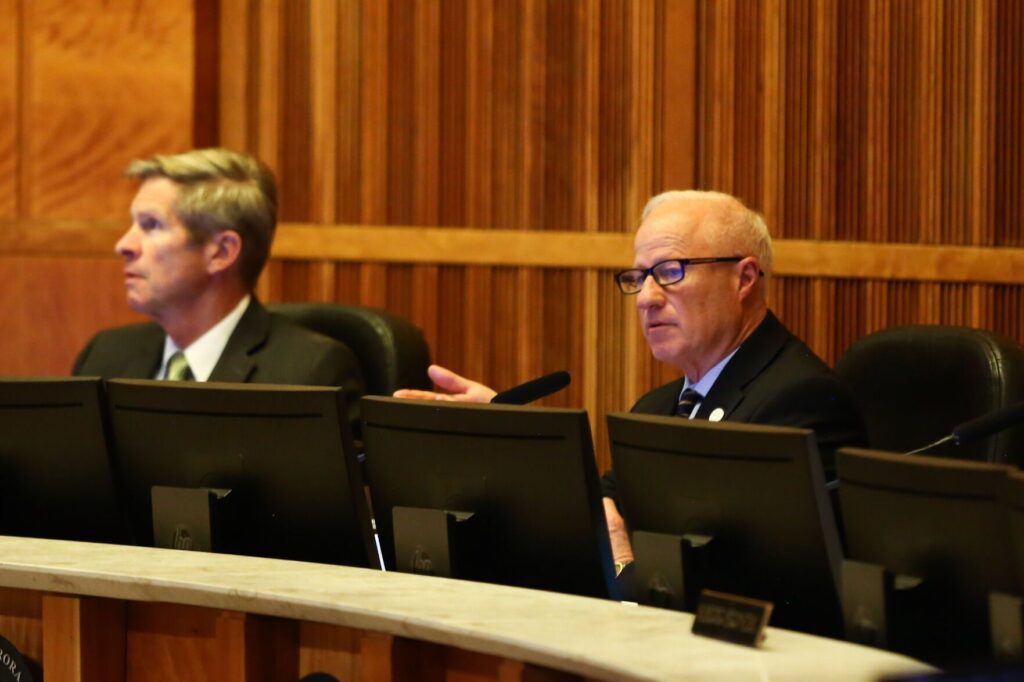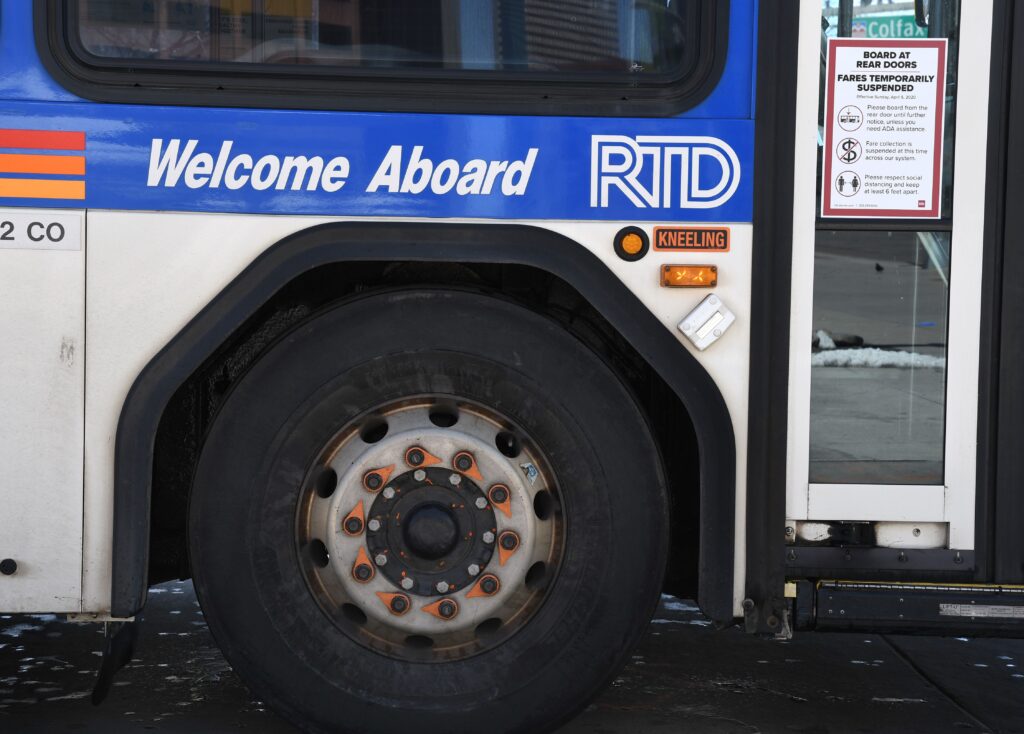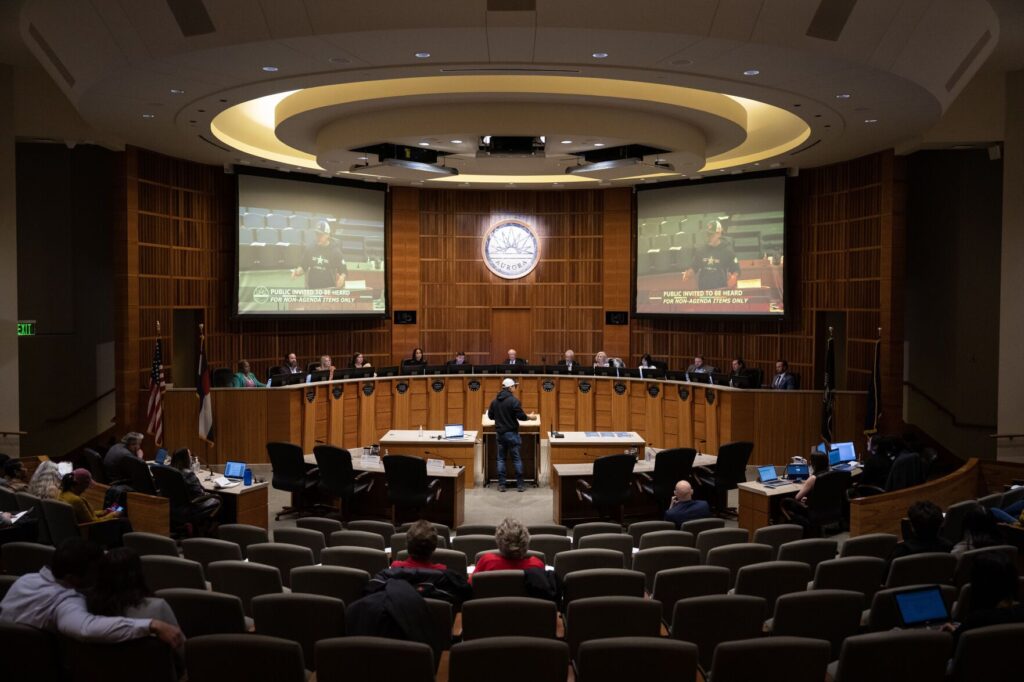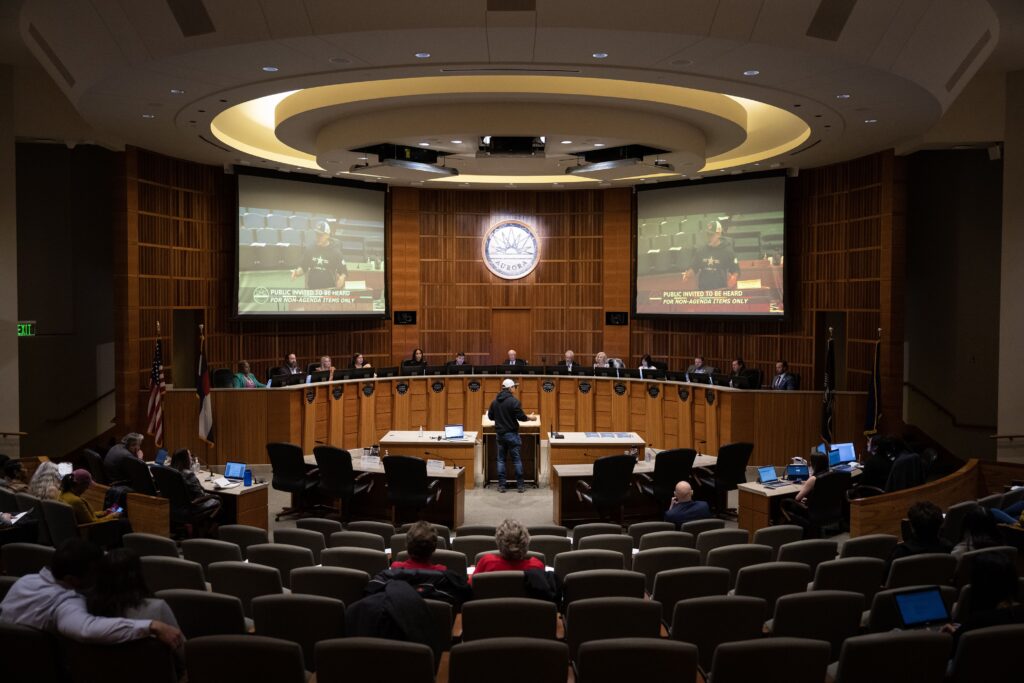E-scooters could return to Aurora as Denver ridership soars, Lime says
Electric scooters could see a resurgence in Aurora after the City Council approved updated regulations at a meeting in late October.
City staff presented updates to the Shared Micro-Mobility License Program to councilmembers that reflect industry changes and lessons learned from when the city previously had e-scooters. Staff also proposed a change to the infrastructure fee, increasing it from $0.03 to $0.05 per rental. The income goes into Aurora’s infrastructure account.
In October, Public Works Parking and Mobility Manager Scott Bauman said his team had one application for an e-scooter operation — Lime, a micromobility company that previously operated in the city.
Lime spokesperson Zach Williams said Aurora has a “strong demand for sustainable transportation options,” and the company is “excited” to bring micromobility back to the area.
“If we were given the opportunity to serve Aurora, we will work as a partner to the city and its residents and build a program focused on their needs,” Williams said. “One that provides safe, affordable, and sustainable transportation options while ensuring the rules of the road are respected and it doesn’t inconvenience residents who aren’t riders.”
Lime ridership across the Front Range has been “through the roof” this year, Williams said.
While the company’s license to operate in Denver expires mid-2026, Lime plans to re-apply for a license and continue operating there, the spokesperson said. Since 2018, there have been over 2.3 million unique Lime riders in Denver who have taken almost 15 million rides on Lime e-bikes and e-scooters, Williams said.
Riders have traveled over 19 million miles and kept about 3.6 million car trips off the road, he said.
Aurora councilmembers expressed several concerns about bringing micromobility back to Aurora. Councilmember Francoise Bergan questioned whether a company like Lime would be successful, given the history of micromobility companies coming and going from the city over the years.
In 2018, Lime left Aurora to focus on downtown Denver. Bird was later licensed to operate and started renting scooters, but that company left Aurora in 2022.
“Other vendors dropped because there wasn’t enough usage,” Bergan said. “If those dropped us because of lack of usage, won’t that happen again?”
It could happen again, Bauman said, but that’s up to the companies to decide if they want to risk.
“I don’t think Aurora is the perfect market for them …. we don’t have that downtown environment,” Bauman said. “If they want to take a wack at operations here, maybe they succeed, maybe they don’t.”
The micromobility industry has “matured and grown by leaps and bounds” since Lime last operated in Aurora, Williams said. He is “100% confident” the company can build successful operations in Aurora.
Residents and Aurora councilmembers have also expressed worries about e-scooter mayhem — particularly scooters parked and ridden in places they shouldn’t be. Both Lime and Aurora Public Works have addressed the concerns.
Aurora’s mobility license regulations include rules about where scooters can be parked and what the consequences are for those rules not being followed, including a fee per incorrectly parked or abandoned vehicle. The city can also pull the license of the company, according to Bauman.
Lime designs custom operations and parking plans for every city they operate in, according to Williams. When vehicles are left where they shouldn’t be, the Lime team “goes out and addresses those concerns in a timely fashion,” Williams said.
The company also maintains the right to fine and ban people who don’t follow rules.
Lime has submitted a proposal to Aurora, but Williams said it is just a starting point for dialogue with the city about what operations may look like.






